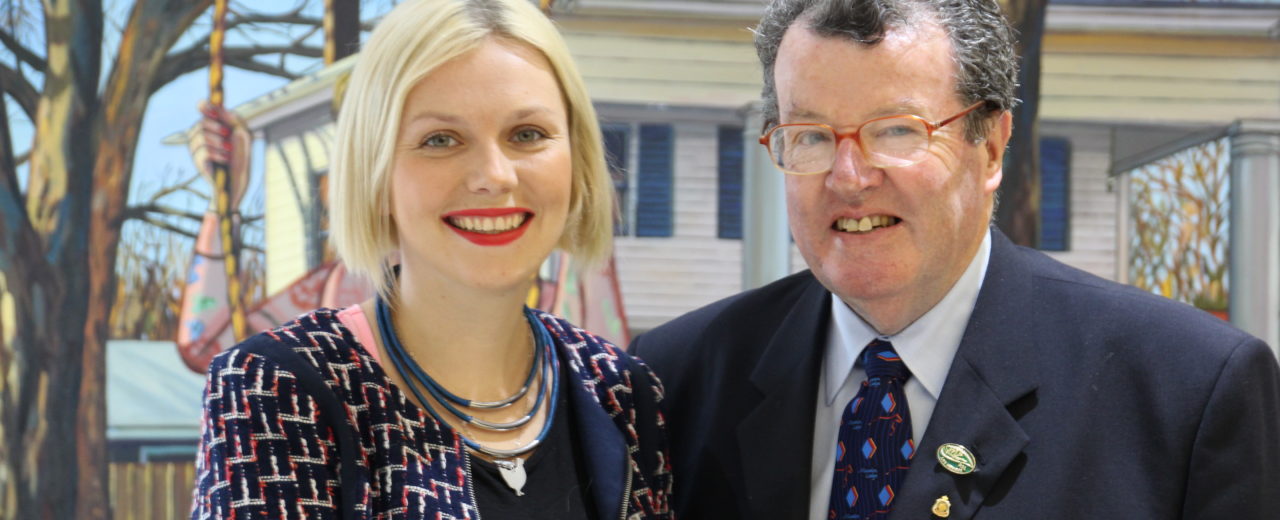


He was an RSL life member. He played footy for West Coburg football club for fifty years, and still serves the club today (he even won a league best and fairest back in his prime), and he wears the badges he earned with pride on his well-worn lapels. His gold wedding anniversary to Carole was just around the corner. He was the kind of man who, well into his sixties, chased and caught a thief trying to pinch money from the footy club.
And all Paul ‘Sul’ Sully, 77, was asking for was a handrail at the steps to his family home. Carole had already experienced three falls, and he was naturally worried for her. As a pensioner, he was entitled to a rail from his local council.
He certainly didn’t expect to find himself in court.
The council told him that his free rail would take “two or three years”. If he didn’t want to wait that long, he could have one installed “at a pensioners discount” by a council-provided worker.
Sul arranged for a company to do the work for $668. The company sent Sul a quote, which Carole called up to accept. The quote said that Carole and Sul would not have to make full payment until seven days after a tax invoice had been received.
A few weeks later, the tradesman arrived and seemed far more interested in collecting payment than building a rail.
The worker arrived without a tax invoice, insisting on up-front payment. He then suggested that work would not begin for three or four weeks. Paul tried to negotiate, but the tradesman was insistent. Given his concerns for his wife’s safety, Sul reluctantly handed over a cheque for the full amount.
“I started to think about other gullible and frail old pensioners in this position”
A day or two later, Sul decided he had been unwise handing over a cheque when he didn’t have to. He called to cancel the installation and then cancelled the cheque.
“I started to think about other gullible and frail old pensioners in this position,” Sul said.
Sul couldn’t seem to get an answer from anyone at this point, and he discovered three weeks later that the company had tried to bank his cheque. He wasn’t worried, having cancelled the cheque. Then, two months on, he received a summons, stating that he had paid with a dishonoured cheque and now owed the company the full payment.
Sul, being Sul, chose to fight. But he didn’t have the money to tackle the justice system alone. Thankfully, his daughter and her boyfriend contacted Justice Connect.
We connected Sul with Anastasia Smietanka, a lawyer at Lander & Rogers, and then with Victoria Blidman at the Victorian Bar.
When it went to court, the matter hinged on the Instruments Act 1958. Sul had to prove that the company had no right to insist on full payment when they did.
“We absolutely slaughtered him on his paperwork,” said Sul.
“It was a case of insisting on payment up front, when there was no right to do that under the agreement between the parties,” said Smietanka.
“The Magistrate dismissed the case. He found that a contract had been created when Paul and Carole telephoned to accept the quote, and that the terms of that contract did not include up-front payment.”
This kind of treatment of older Australians is what Justice Connect hears about from our clients every day. Exploitation of older people often goes unnoticed, and to see Sul and Carole emerge victorious is a tremendous reward not only for them, but for the lawyers at Justice Connect, Lander and Rogers, and at the Bar.
“We cannot thank Justice Connect enough,” said Sul.
He is still waiting on his rail.